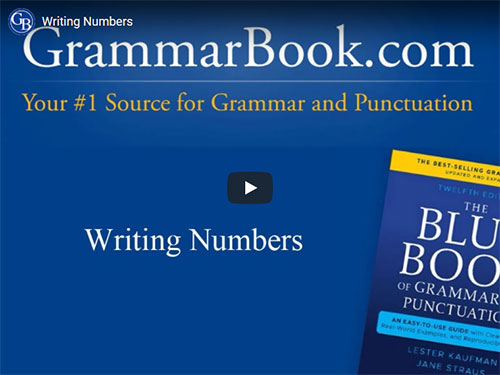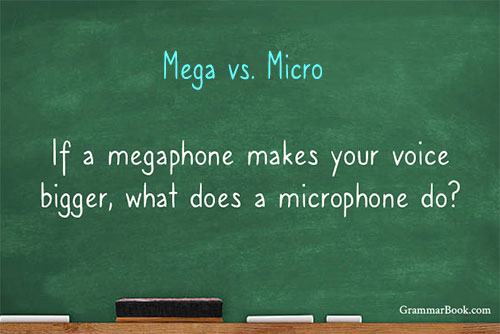|
For some people, punctuation in English might be a fuss over details. For others, it provides vital markers for clear, precise, and eloquent writing.
For yet others, a missing apostrophe can represent a great expense.
In October 2020, an Australian man claimed in a Facebook post that a real estate agent did not pay his “employees” retirement funds, referring to an employer’s contribution to Australia’s retirement system, which includes super accounts for employees. A missing apostrophe in the post could now cost the man as the result of a legal dispute.
Within the post, Anthony Zadravic of New South Wales appeared to accuse his former employer, Stuart Gan, of not paying retirement funds to all of the agency’s personnel. In dispute is the specific reference to “employees”:
| “Oh Stuart Gan!! Selling multi million $ homes in Pearl Beach but can’t pay his employees superannuation….Shame on you Stuart!!! 2 yrs and still waiting!!!” |
Less than 12 hours after the post was published, Mr. Zadravic deleted it; however, Mr. Gan was already aware of the message, and he filed a defamation suit against Zadravic.
A judge in New South Wales has subsequently ruled that the lack of an apostrophe on the word “employees” could be interpreted as a “systematic pattern of conduct” by Mr. Gan’s agency rather than as an accusation involving one employee.
On that basis, she has allowed the case to proceed, citing in her statement:
| "The difficulty for the plaintiff is the use of the word 'employees' in the plural. To fail to pay one employee's superannuation entitlement might be seen as unfortunate; to fail to pay some or all of them looks deliberate." |
Apostrophe Basics
While we ponder how much a punctuation mark the size of a pinhead can cost, we can also review some fundamentals of the apostrophe.
1) In English we use the apostrophe to indicate the possessive case, mark omissions in contracted words or numerals, and form certain plurals.
| Brian’s guitar (the guitar owned by Brian) |
You shouldn’t (should not) say that! |
| for Pete’s sake (for the sake of Pete) |
the class of ’87 (1987) |
| today’s agenda (the agenda for today) |
Her g’s look like q’s. |
In the three examples in the left column, the apostrophe identifies ownership of an item or concept. Exceptions to using the apostrophe for possession are possessive pronouns and adjectives, which do not include the mark.
The box is hers. (not hers’)
Listen to his opinion. (not his’) |
The first example in the right column uses an apostrophe to contract two words. The second shortens a reference to a year with an apostrophe.
In the last example, we include the apostrophe to create the plural of two lowercase letters. If we do not use an apostrophe, we risk losing clarity: Her gs look like qs.
This becomes even more likely if the letters are vowels: Her is look like as. In some cases, we might distinguish the singular letter from its plural by italicizing it: Her is look like as. However, one can still see how this might cause confusion.
Some writers might also use an apostrophe to make the plural of words that are not typically nouns: Here are some should’s and shouldn’ts to follow. Such treatment is usually a matter of writer style and preference.
2) Apostrophes can help communicate nuance of meaning. Compare the following pairs of phrases:
this morning’s news / the morning news
the student’s idea / the student idea |
In the first pair, the apostrophe is the difference between the news on one particular morning and the news of the morning as a general reference or category.
In the second pair, the apostrophe differentiates an idea formed by one particular student from an idea with a more-general association to a nonspecific student (i.e., it could be an idea formed by any student).
3) Apostrophes help distinguish joint and separate possession.
New York and New Jersey’s policy (the policy belongs to both states together)
New York’s and New Jersey’s policy (the policy, or a policy, belongs to each state separately) |
4) Apostrophes can sometimes be used in a plural noun that modifies another noun. Much of whether the apostrophe is included can depend on the intended meaning.
drivers license (a license for all drivers as a category)
driver’s license (a license held by the individual operating a vehicle)
drivers’ license (a license possessed commonly by all vehicle operators) |
In making distinctions, we want to be sure we maintain logic by placing the apostrophe correctly.
the board of directors’ decision
the board of director’s decision |
Most can safely argue that a board will include more than one director.
Related Topics
Apostrophes
Apostrophes and False Possessives
Apostrophes: Not Always Possessive
| 




